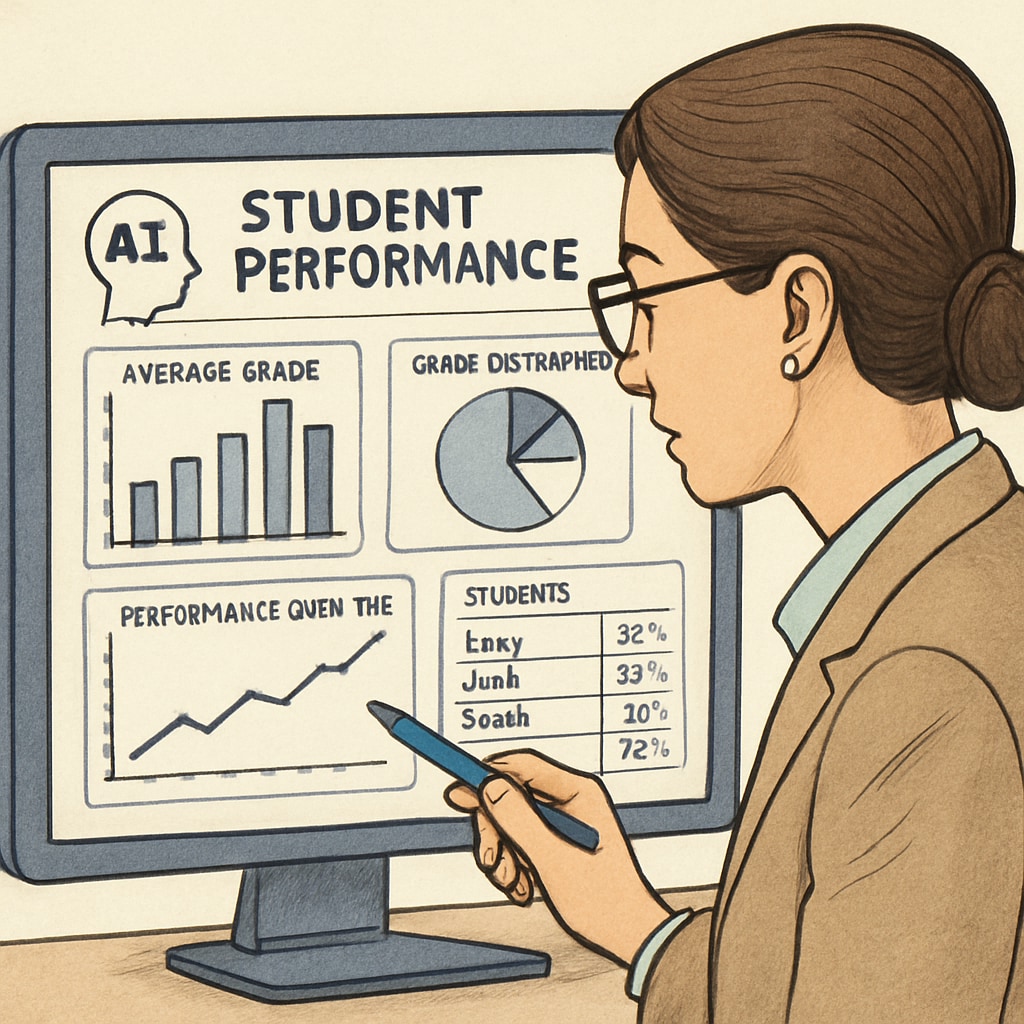AI education tools for teacher time management and lesson preparation grading are transforming modern classrooms. These technologies promise to reduce administrative burdens while improving educational outcomes. According to a Brookings Institution report, 78% of educators now use some form of AI-assisted technology.
The Promise of Automated Teaching Assistants
Modern classroom assistants offer three key benefits:
- Automated grading for multiple-choice and structured responses
- Personalized learning recommendations for students
- Lesson plan generation based on curriculum standards

Real-World Implementation Challenges
Despite their potential, these systems face significant adoption barriers. A Education Week survey found that 62% of teachers distrust algorithmic grading accuracy. Common concerns include:
- Over-reliance on standardized metrics
- Limited customization options
- Technical difficulties during implementation
Best Practices for Balanced Integration
Successful schools combine technology with professional judgment. Effective strategies include:
- Using AI for initial grading with teacher verification
- Combining automated and human feedback
- Regular system evaluations by faculty committees

As education technology continues evolving, the most effective approaches will blend artificial intelligence with human expertise. When implemented thoughtfully, these tools can enhance rather than replace the teacher’s role.


